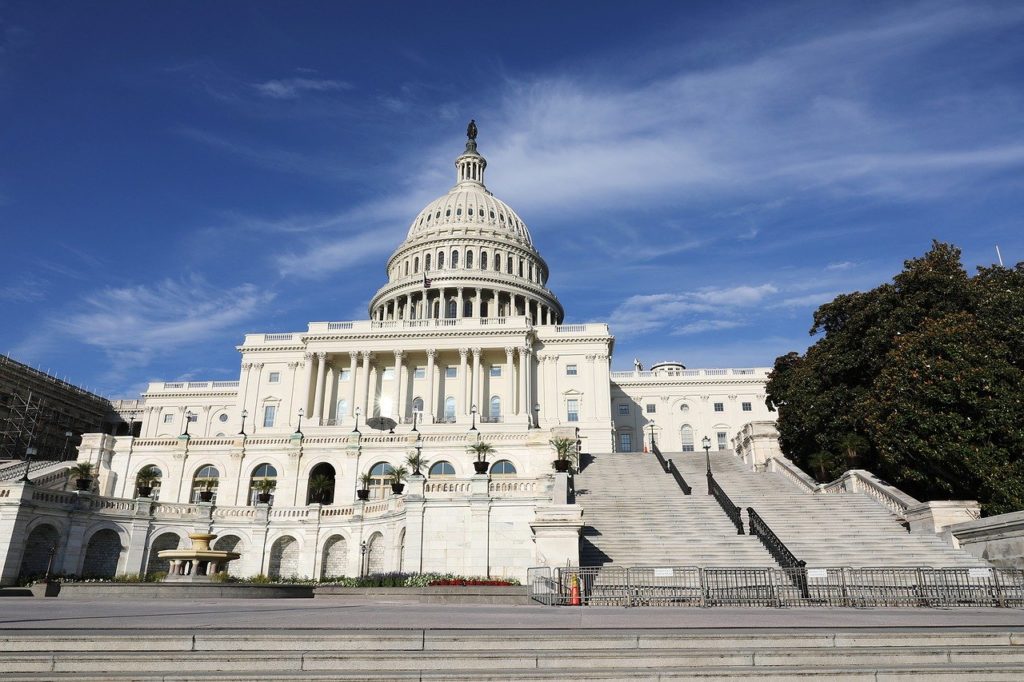Reps. Troy Balderson (R-Ohio) and Donna Shalala (D-Fla.) introduced the COVID-19 Hospice Respite Care Relief Act for consideration by the U.S. House of Representatives. The U.S. Senate has been mulling similar legislation since early August.
If enacted the bill would allow hospice patients to receive respite care in their homes as opposed to an inpatient facility, nursing home or hospital. Respite is one of four levels of hospice care that Medicare covers, intended to provide a break for family caregivers or allow them to attend to other priorities. The other three levels of care are routine home care, continuous home care and general inpatient care.
“The pandemic has placed a heavy toll on the mental and physical health of hospice caregivers,” Shalala told Hospice News in an email. “This bipartisan legislation will help give caregivers the time they need to rest and recover during any future public health emergency and improve the care of hospice patients.”
As currently written, the House bill is not significantly different from the Senate version, according to Shalala’s office, but that could change as the bills go through committee markups in their respective chambers.
Medicare typically covers as many as five days of respite care, typically on an inpatient basis. This legislation would extend that period to 15 days as well as allow providers to offer those services in the patient’s home during times of federally declared national emergencies, such as the COVID-19 pandemic.
A number of hospice and senior citizen advocacy groups have endorsed the legislation, including the National Hospice and Palliative Care Organization (NHPCO), LeadingAge, Visiting Nurse Associations of America, ElevatingHome, and the National Association for Home Care and Hospice (NAHC).
“The COVID-19 Hospice Respite Care Act of 2020 provides much-needed, critical support to older adults and their caregivers as our country responds to the coronavirus pandemic. LeadingAge is proud to partner with [Balderson and Shalala] on this legislation and, along with our partners, the Visiting Nurse Associations of America and ElevatingHOME, appreciates their leadership in taking action on this important piece of a national strategy that will ensure that older adults and their caregivers have access to necessary resources to get the best possible hospice care during this challenging health care crisis,” said Katie Smith Sloan, president and CEO of LeadingAge and acting president and CEO, Visiting Nurse Associations of America and ElevatingHOME.
The pandemic has caused widespread disruption across the health care continuum, with many hospitals struggling to keep up with a burgeoning influx of patients and many nursing homes contending with outbreaks within their facilities. The nursing home sector has been hit particularly hard, with more than 230,000 confirmed cases in that setting nationwide, along with more than 123,000 suspected cases and nearly 55,000 COVID-19 deaths.
Consequently, nursing homes have implemented strict restrictions on who can enter their buildings, as well as the circumstances and conditions in which an individual may enter. This has led to significant difficulty for many hospices that are trying to access their patients in those facilities and hampers their ability to provide respite care in nursing homes or hospitals.
Though patient and families routinely need access to respite care, this could be particularly important during the pandemic in the event that a caregiver becomes exposed or infected with the virus.
“The bill would allow hospice patients to receive up to 15 days of respite care, ensuring the care they need if their caregiver is unavailable due to COVID-19 infection or self-isolation from exposure. [NHPCO] is thankful for the continued support from Congress that has enabled hospices to provide high quality care to patients and families despite unprecedented challenges,” said NHPCO President and CEO Edo Banach.
While hospice providers would likely welcome the additional flexibility on the location and duration of respite care, some in the space have suggested that further relief is needed, particularly when it comes to regulatory enforcement activities by the U.S. Centers for Medicare & Medicaid Services (CMS).
Stakeholders, including NAHC, have argued that hospices should not be penalized for limiting the respite care they offer to patients due to the nursing home and acute-care restrictions.
“In addition to supporting the new flexibilities, NAHC has also urged [CMS] to instruct surveyors to consider the special circumstances that have arisen during the [public health emergency] that have limited the ability of hospice providers nationwide to offer respite care, such as closure of contracted respite beds in facilities, as they resume survey activities,” NAHC indicated in a statement.
Family caregivers are an essential source of support for hospice patients, as providers in most cases cannot be in the home around the clock. With the pandemic raging, the need for caregivers to also address their own needs has become even more of an imperative.
“Caring for a hospice patient is a full-time responsibility, so when a caregiver gets sick or is awaiting test results, it’s critical they have proper coverage” said Balderson after introducing the bill. “During the current public health emergency and any future public health emergencies, it’s important caregivers – often times a patient’s family member – are able to fully recover and that end-of-life patients are not unnecessarily exposed to health risks.”
Companies featured in this article:
ElevatingHome, LeadingAge, National Association for Home Care and Hospice, National Hospice and Palliative Care Organization, Visiting Nurse Association of America



